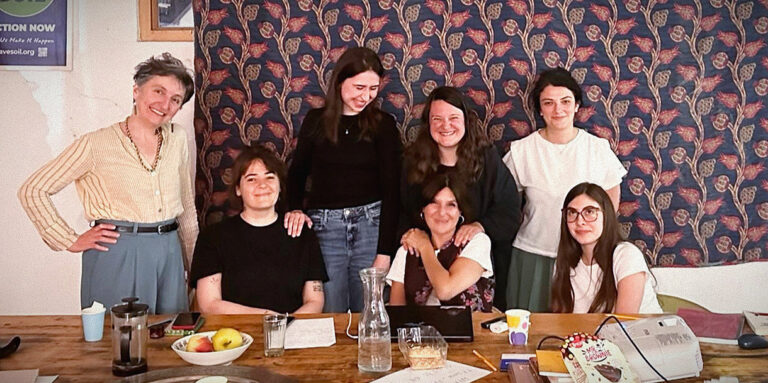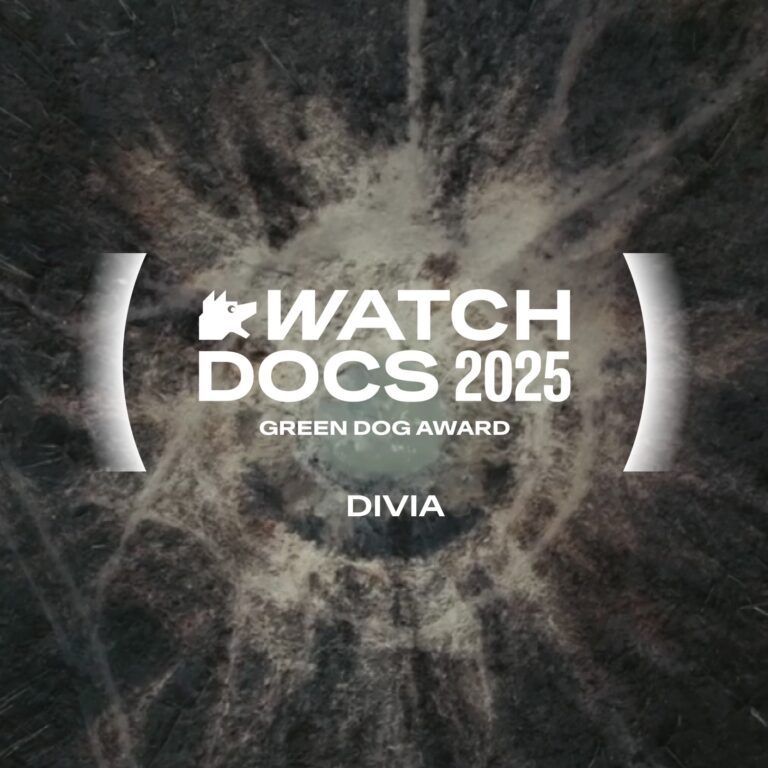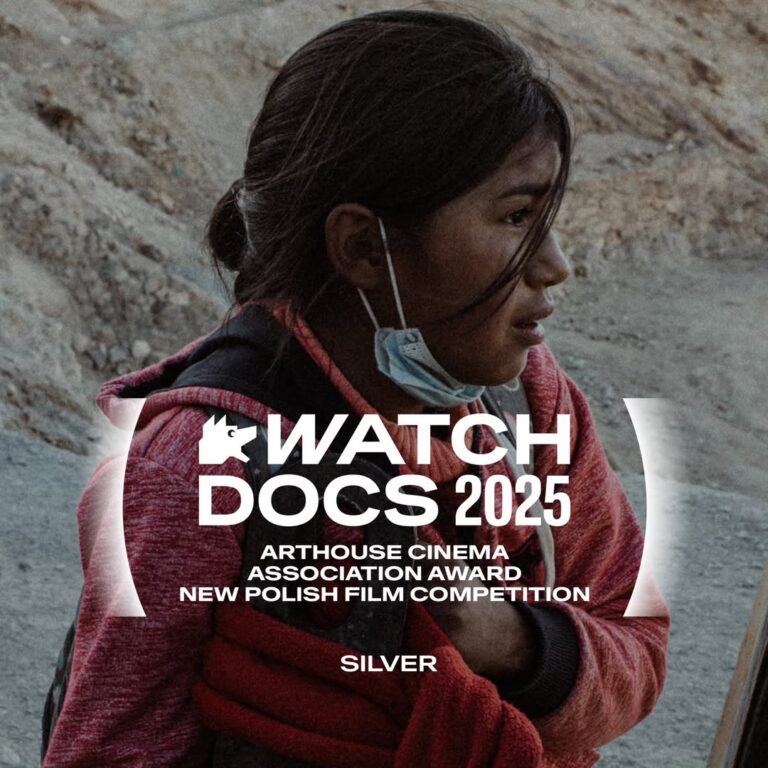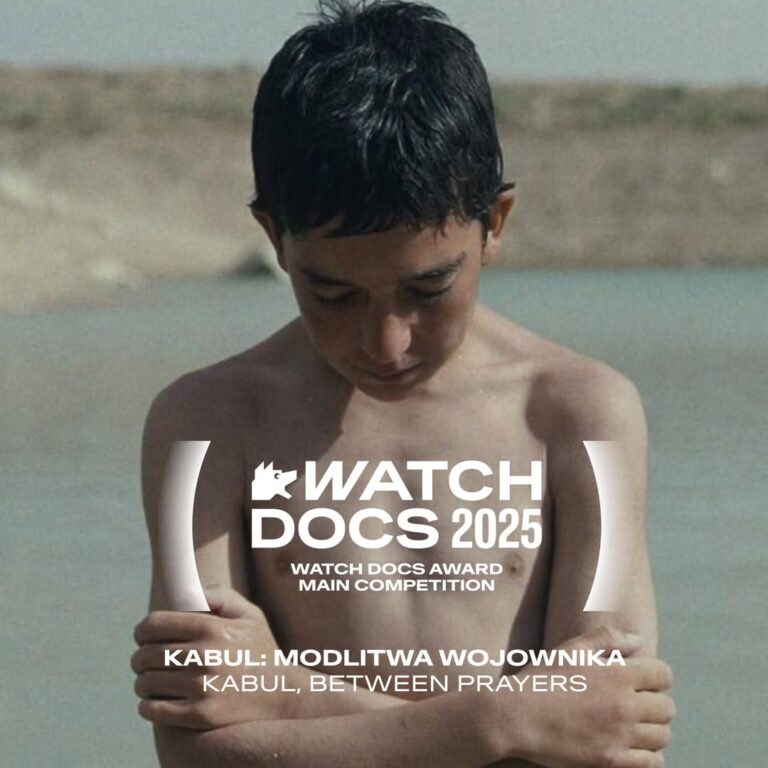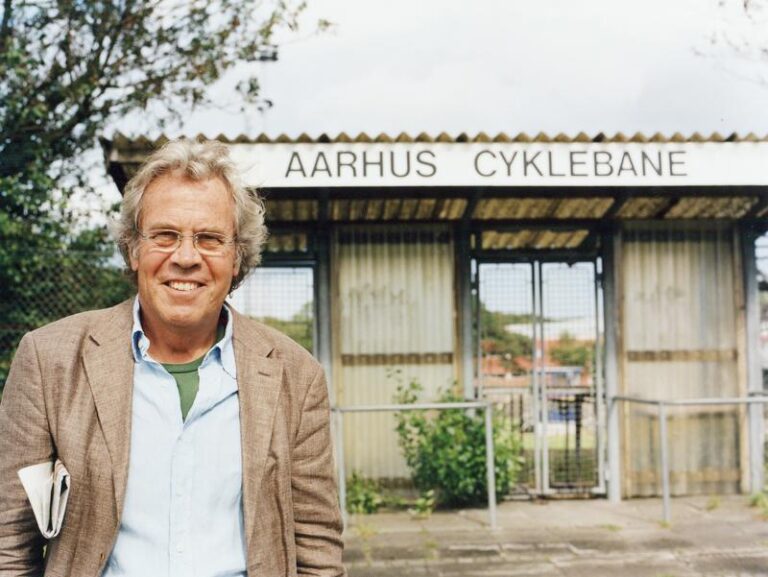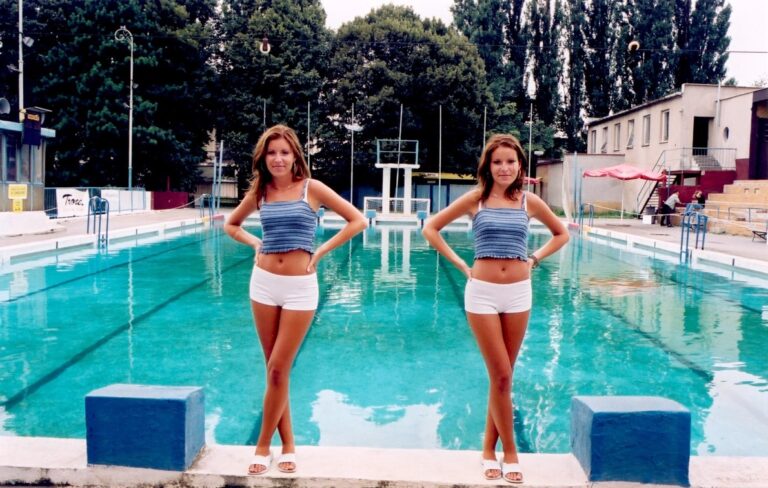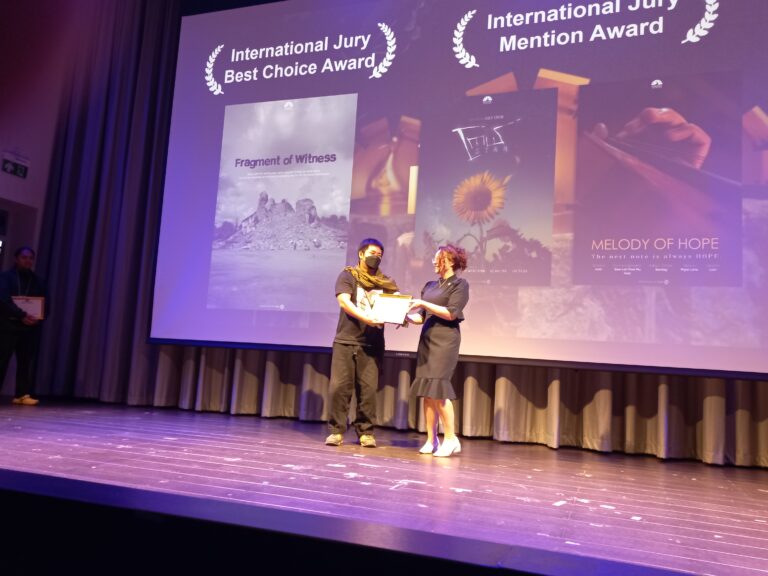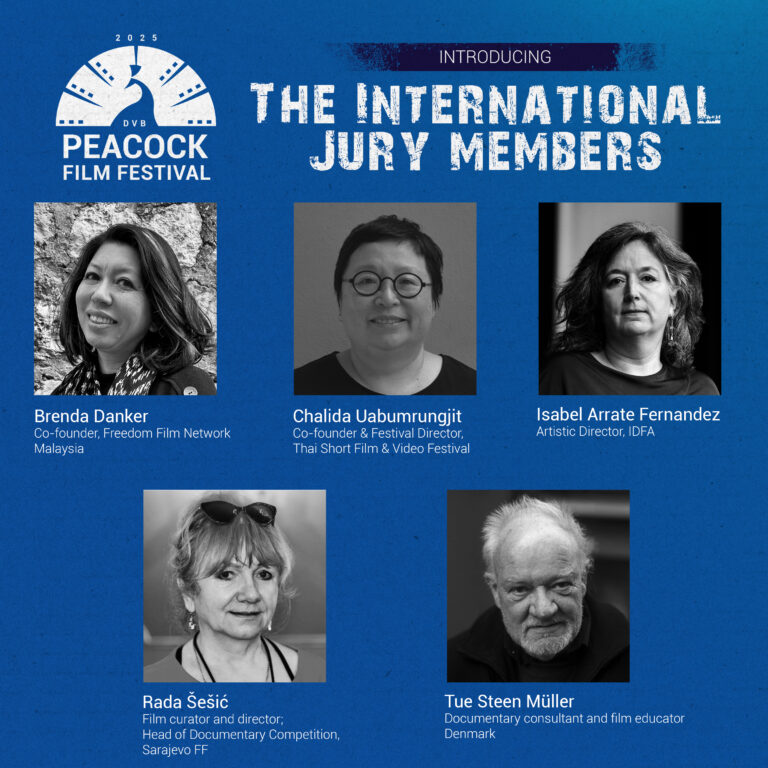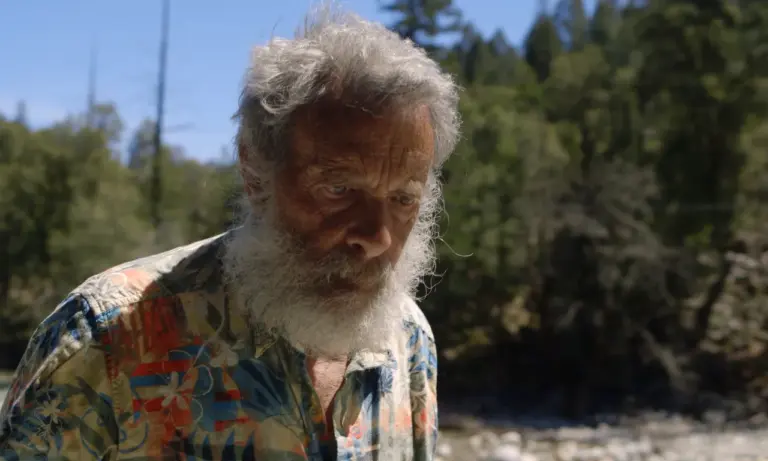


Maryna Nikolcheva: One Day I Wish To See You Happy
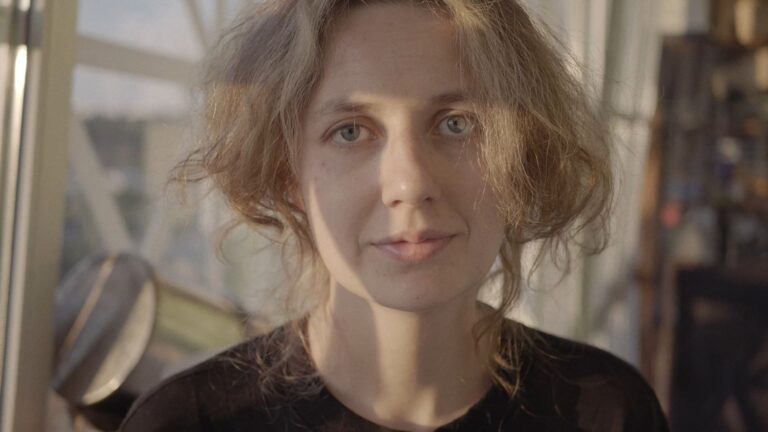
World premiere of this Ukrainian documentary, great title!, took place at Tallinn Black Nights Film Festival in November 2025. It is a film that has been on its way since 2019, when Maryna Nikolcheva started filming her husband Max in a film that, as says the title, is a love story, with beautiful scenes and a tone that changes as time changes ending up with the war from February 2022. Short glimpses of their life together and separated, Max being fed up making commercials for them to survive, diving into repairing a car, some repairments taking place on the balcony, not pleasing Maryna, phone calls with Max father, an old frail man, conductor he was, as it is being shown in a sequence where Maksym Vasyanovych is invited to attend a screening of his awarded documentary from years back. Maryna is next to him observing his reactions to his own film, one of the fine moments of the documentary. Filming with love.
For me the title goes both ways and this is also a compliment to the editing of the huge material Maryna has had to choose from. She is the one, who is sad and scared of what happens in their country and with him, who suffers from not having a proper director’s job but he is also often the one, who tries to cheer her up making faces to the camera, in one scene wearing a gas mask, while they are to celebrate a new year. He wants to see her happy. That’s how love should be, caring. Yes, the film has several moments of joy and fun, thanks for that and thanks for keeping everyday scenes like Max shaving, Maryna washing her feet – and the cat or is it cats that are there all the time in their bed or behind the computer to be caressed in between Max editing.
Towards the end of the film the two get a job to go and film people, who are taken away from the territories, where the Russians have done their occupational terror. An old woman is being transported from the train saying “why this war, we just had the war against the Germans!”
The film will after its premiere in Tallinn hopefully travel to other festivals. It deserves to meet a wide audience and I am happy to see that the Ukrainian company Moon Man is taking care of its distribution. Good choice!
Ukraine, France, 2025, 82 mins.
❤️ ❤️ ❤️ ❤️ ❤️
